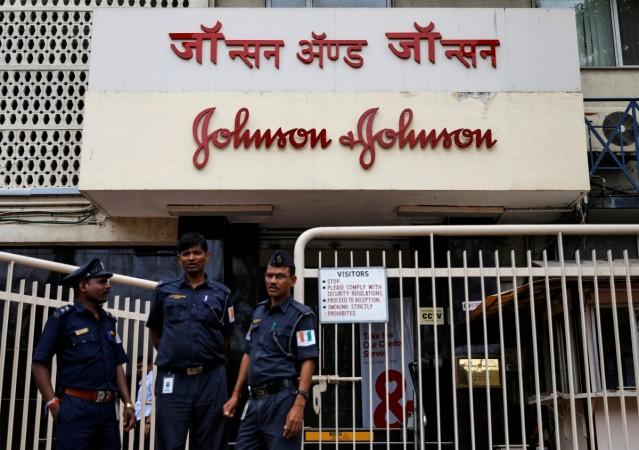
The controversy pertaining to the Johnson & Johnson faulty Articular Surface Replacement (ASR) is far from over. In the latest development, more than 50 patients, who received faulty ASR manufactured by J&J, have objected to the compensation package determined by the central government.
The patients have submitted a letter before the expert committee - headed by Dr RK Arya, the director of Sports Injury Centre at Safdarjung Hospital - that's examining the compensation to Indian patients. The patients have raised apprehensions on at least 10 counts.
In November 2018, the central government had devised a formula and as per that, each affected person was to get a compensation between Rs 20 lakh and Rs 1.22 crore, depending on risk factors, disability and age.
The patients had also presented their preliminary objections before the committee. On January 11, the Supreme Court accepted the government's compensation formula.
According to Indian Express, after the SC directions, the patients argued that the court "while taking cognisance of the steps taken by the government", did not go "into the merits of the compensation formula" and that the order "may not be used as an excuse to deny patients the due modifications and changes to the formula that would be necessary to ensure a more just compensation for their sufferings".
The patients have demanded an increase in the base amount which has been fixed at Rs 20 lakh by the centre. The base amount was calculated on the similar formula used for compensating participants of clinical trials. Patients have raised their objections to this formula.

Moreover, the patients have also another condition which asks them to mandatorily submit "disability certificates". The quantum of compensation would be determined by establishing the risk factor basis the certificates.
The patients reasoned that India does not provide disability certificates for metal ion poisoning that is the main cause behind ASR implants being termed faulty.














